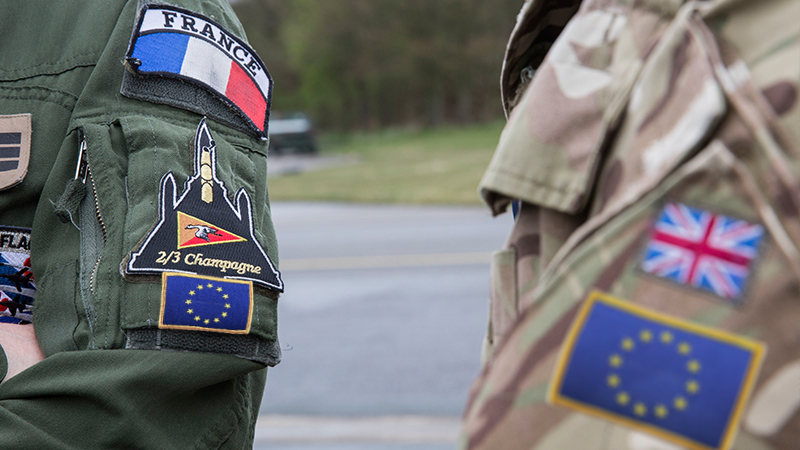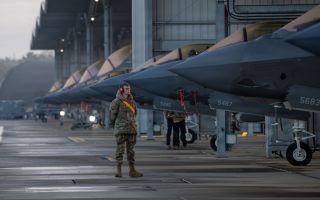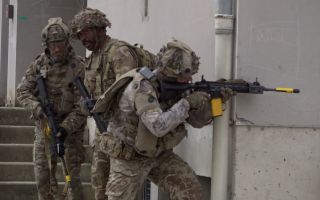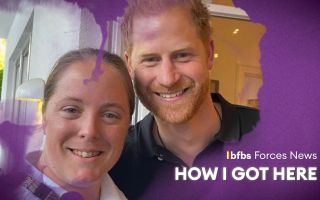One Year Until Brexit: What Does It Mean For Defence?
It’s exactly one year to go before Britain leaves the European Union.
Recently agreed Brexit negotiating guidelines have expressed a desire for strong EU-UK cooperation in the fields of foreign, security and defence policy.
But what will that mean in reality?
We’ve been speaking to Sebastian Schulte, a German commentator and regular contributor to the magazine Jane’s Defence Weekly, to find out:
“Brexit is not a daily news issue here in Germany, neither for the press in general but also not for the people.”
“We’re looking at kind of a divorce with the objective of a working relationship that is as good as it was during the marriage at the end of the day and I don’t think that can, that will happen just because there is a divorce going on.”
According to Sebastian, establishing permanent post-Brexit security ties with the European Union may not be easy:
“A closer relationship has always been wanted by Germany and other European countries.

“The reality is however that now that Great Britain is stepping off the table whatever kind of relationship that will be in the future, it will be at least one step away from the table.”
Not all EU members are in NATO, and some are wary of Britain’s other allegiances, and that includes what’s known as the Five Eyes Alliance.
The UK routinely shares intelligence with Australia, New Zealand, Canada and the United States.
“This is one of the items that will be put on the table and looked at very, very closely – more closely than other issues in the regard of defence and security.”
“The Five Eyes Alliance and the communication in that regard – when Britain was still a regular member of the EU it’s a channel that goes in both ways so cynics might say or a cynic might say that now with Britain leaving the table this particular item will need to be scrutinised more than others.”
But recent events could bode well for future security relations; the Salisbury nerve agent attack has successfully rallied Brussels’ support against Russia:
“The solidarity that we have seen is quite impressive.”

“The question is whether it can last beyond being the news of the day”
Britain might join non-EU Switzerland and Norway and participate in the European Defence Agency, but as a non-EU country the UK would need an invitation to do so - so what is the best way for Britain to secure a close EU defence and security partnership?
Sebastian Schulte thinks he has at least part of the answer:
“Shared equipment.”
“Combat vehicles, ships or aircraft – combat aircraft.
“This is where I personally see where Britain can keep the foot in the door so to speak via shared equipment which leads to shared training and doctrine of course.”
By coincidence, Britain hopes to sell Wildcat helicopters to Germany, whilst the Army is considering German Boxer Armoured vehicles for its new Strike Brigades.
This could be a potential deal on the complex route to a post-Brexit EU defence and security relationship".









